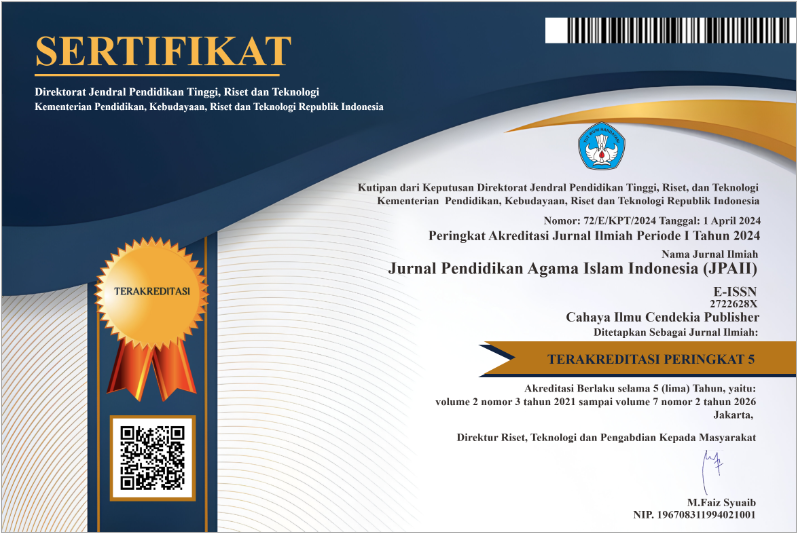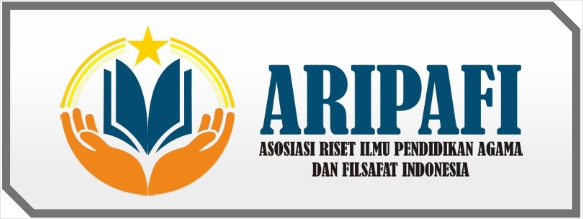Transfer of Foster Parents' Assets to Foster Children from the Perspective of Islamic Law
Abstract
Purpose of the study Families that do not have children, not a few who do childcare or adoption. The child being cared for can be from a close family or from someone else
Methodology: This research uses the literature study method which relies on bibliographic sources from books and articles in scientific journals related to the subject matter, reading data with the thoughts of experts with a constructive approach and interpretation of the main content
Main Findings: voluntary legal action, which is based on the free will of the testator as the owner of the property. However, based on the word of Allah surah al-Baqarah (2) verse 180, the will law is obligatory, namely to give a share to parents or relatives who do not receive the inheritance because they are hijab (mahjub), or cannot become heirs because they are obstructed (mamnu).
Novelty/Originality of this study: The inheritance which was carried out in Gajah village, Ngoro sub-district, Jombang Regency, did not have a clear basis, namely regarding which legal options would be used in the distribution of the inheritance, or who should be the heirs and those who are entitled to inheritance.
References
[2] A. P. Fitri, “ Peralihan harta orangtua asuh kepada anak asuh, Universitas Brawijaya,”2013.
[3] N. I Nyoman, “Perkembangan Pemikiran Konsep Pluralisme Hukum,” [online]. Available: www.huma.or.id. [Diakses pada tanggal 30 Januari 2022].
[4] R, Fathur, Ilmu Mawaris, Jakarta: Bulan Bintang, 1973
[5] A. Ali, Hukum Waris, Hukum Keluarga, Hukum pembuktian, Jakarta: PT. Bina Aksara, 1986
[6] S. Eman, Hukum Waris Indonesia, Bandung: PT. Refika Aditama, 2006
[7] T. Henny, “Pewaris Menurut B.W”, [online]. Available : HUKUM‐WARIS‐BW.pptx, [Diakses pada tanggal 27 Januari 2022].
[8] J. Satrio, Hukum Waris, Alumni, Bandung, 1992
[9] Undang‐Undang Peradilan Agama dan Kompilasi Hukum Islam (KHI), Pena Pustaka, Yogyakarta
Copyright (c) 2023 Azuratunnasuha Azuratunnasuha

This work is licensed under a Creative Commons Attribution-NonCommercial 4.0 International License.
Authors who publish with this journal agree to the following terms:
- Authors retain copyright and acknowledge that the Jurnal Pendidikan Agama Islam Indonesia (JPAII) is the first publisher licensed under a Creative Commons Attribution 4.0 International License.
- Authors are able to enter into separate, additional contractual arrangements for the non-exclusive distribution of the journal's published version of the work (e.g., post it to an institutional repository or publish it in a book), with an acknowledgment of its initial publication in this journal.
- Authors are permitted and encouraged to post their work online (e.g., in institutional repositories or on their website) prior to and during the submission process, as it can lead to productive exchanges and earlier and greater citation of published work.






.png)
.png)





















